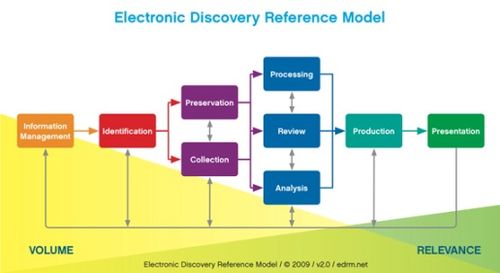eDiscovery Best Practices: Test Your Searches Before the Meet and Confer

One of the very first posts ever on this blog discussed the danger of using wildcards. For those who haven’t been following the blog from the beginning, here’s a recap.
A couple of years ago, I provided search strategy assistance to a client that had already agreed upon several searches with opposing counsel. One search related to mining activities, so the attorney decided to use a wildcard of “min*” to retrieve variations like “mine”, “mines” and “mining”.
That one search retrieved over 300,000 files with hits.
Why? Because there are 269 words in the English language that begin with the letters “min”. Words like “mink”, “mind”, “mint” and “minion” were all being retrieved in this search for files related to “mining”. We ultimately had to go back to opposing counsel and attempt to negotiate a revised search that was more appropriate.
What made that process difficult was the negotiation with opposing counsel. My client had already agreed on over 200 terms with opposing counsel and had proposed many of those terms, including this one. The attorneys had prepared these terms without assistance from a technology consultant (I was brought into the project after the terms were negotiated and agreed upon) and without testing any of the terms.
Since they had been agreed upon, opposing counsel was understandably resistant to modifying the terms. The fact that my client faced having to review all of these files was not their problem. We were ultimately able to provide a clear indication that many of the terms in this search were non-responsive and were able to get opposing counsel to agree to a modified list of variations of “mine” that included “minable”, “mine”, “mineable”, “mined”, “minefield”, “minefields”, “miner”, “miners”, “mines”, “mining” and “minings”. We were able sort through the “minutia” and “minimize” the result set to less than 12,000 files with hits, saving our client a “mint”, which they certainly didn’t “mind”. OK, I’ll stop now.
However, there were several other inefficient terms that opposing counsel refused to renegotiate and my client was forced to review thousands of additional files that they shouldn’t have had to review, which was a real “mindblower” (sorry, I couldn’t resist). Had the client included a technical member on the team and had they tested each of these searches before negotiating terms with opposing counsel, they would have been able to figure out which terms were overbroad and would have been better prepared to negotiate favorable search terms for retrieving potentially responsive data.
When litigation is anticipated, it’s never too early to begin collecting potentially responsive data and assessing it by performing searches and testing the results. However, if you wait until after the meet and confer with opposing counsel, it can be too late.
So, what do you think? What steps do you take to assess your data before negotiating search terms? Please share any comments you might have or if you’d like to know more about a particular topic.
Disclaimer: The views represented herein are exclusively the views of the author, and do not necessarily represent the views held by CloudNine Discovery. eDiscoveryDaily is made available by CloudNine Discovery solely for educational purposes to provide general information about general eDiscovery principles and not to provide specific legal advice applicable to any particular circumstance. eDiscoveryDaily should not be used as a substitute for competent legal advice from a lawyer you have retained and who has agreed to represent you.




